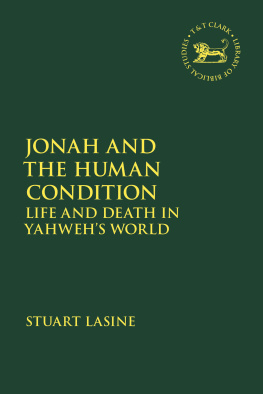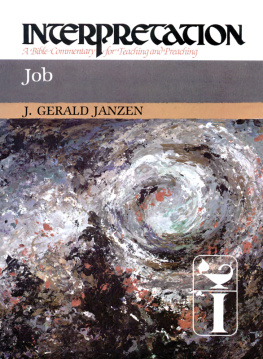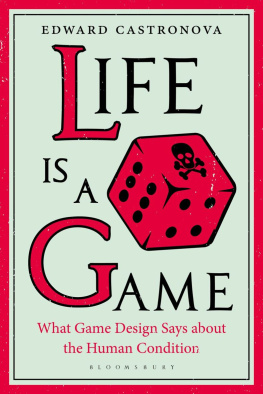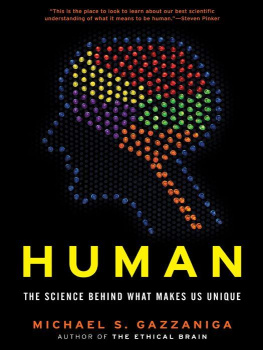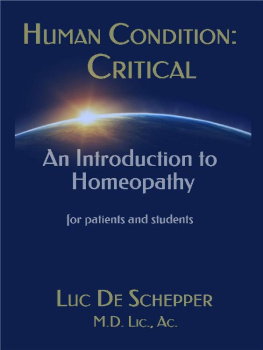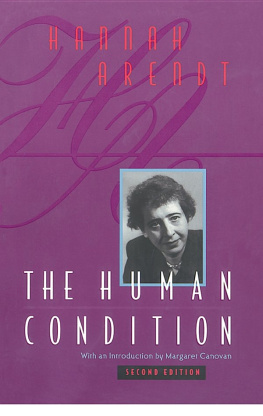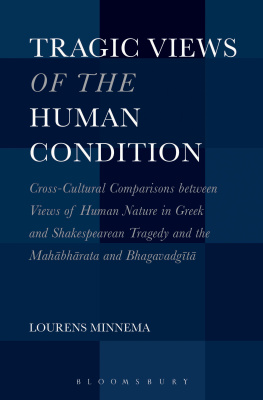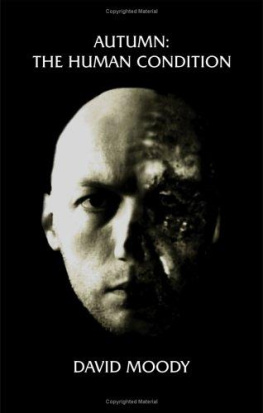LIBRARY OF HEBREW BIBLE/OLD TESTAMENT STUDIES
Formerly Journal for the Study of the Old Testament Supplement Series
Editors
Claudia V. Camp, Texas Christian University, USA
Andrew Mein, University of Durham, UK
Founding Editors
David J. A. Clines, Philip R. Davies and David M. Gunn
Editorial Board
Alan Cooper, Susan Gillingham
John Goldingay, Norman K. Gottwald, James E. Harding, John Jarick, Carol Meyers,
Daniel L. Smith-Christopher, Francesca Stavrakopoulou, James W. Watts

To my parents,
Jack Lasine and Fay Braude Lasine
and my sisters,
Arlene Kaplan and Dorothy Troy
JONAH AND THE HUMAN CONDITION
Life and Death in Yahwehs World
Stuart Lasine

Contents
Part One
PERSPECTIVES ON THE HUMAN CONDITION
IN THE HEBREW BIBLE
Part Two
JONAH AND THE HUMAN CONDITION IN YAHWEHS WORLD
The device of Philips van Marnix van St. Aldegonde, detail from Portrait of Philips van Marnix Heer van Sint Aldegonde (15401598) by Jacques de Gheyn, II, 1599. Image courtesy: Rijksmuseum, Amsterdam |
Maarten van Heemskerck, Jonah Fleeing from the Presence of the Lord to Joppa, 1566 (detail). Photograph 2018, Museum of Fine Arts, Boston |
The drawings below present a key component of the human condition in compact fashion. Both include the biblical God as part of that condition. include a corresponding figure. Here it is all humans who are potentially under threat of being shipwrecked and cast away.

The device of Philips van Marnix van St. Aldegonde, detail from Portrait of Philips van Marnix Heer van Sint Aldegonde (15401598) by Jacques de Gheyn, II, 1599. Image courtesy: Rijksmuseum, Amsterdam.

Maarten van Heemskerck, Jonah Fleeing from the Presence of the Lord to Joppa , 1566 (detail). Photograph 2018, Museum of Fine Arts, Boston.
In effect, Marnixs drawing presents human life as a perilous voyage through space and time. Heemskercks image suggests that the story of Jonah may do so as well. As I will discuss in Chapter 3, Marnixs point is that we can successfully navigate through the choppy waters of our storm-filled world only if we take scriptureand especially the reliable Pole Star of the Gospelas our guide. Then, we will be rewarded with rest elsewhere, that is, in the afterlife.
But what if our only guide is the Hebrew Bible? For me and other Jewish readers, this is the entire Bible, the Tanakh. Can these readers of Hebrew scripture ensure their safety from metaphorical shipwreck if they rely on Yahweh as their navigational guide, in the sense illustrated by Marnix? Can they at least count on Yahweh to provide a lifeboat or big fish to save those who are cast over the side during our life voyage? Does the Hebrew Bible allow its readers to remain optimistic about their existence in Gods world or do some of its narrators cast a pessimistic shadow over the canon? And while Jewish scripture offers little or no prospect of a positive afterlife, does it at least offer its readers other ways of coming to terms with their mortality and death fear? I will address these fundamental theological, ethical, and existential questions as well as others in the course of this investigation.
Part One of the book examines different ways in which the human condition has been characterized over the centuries, as well as the various attitudes toward that condition expressed or implied by specific texts within the Pentateuch, the Prophets, and the Writings. Part Two engages in a detailed case study of one biblical characters human condition. This is the prophet Jonah. I will then conclude by drawing more general conclusions about life and death in Yahwehs world, as well as in the world of the Hebrew Bibles present-day readers, including myself.
This enquiry is necessarily personal in another sense as well. I could have focused on other biblical texts and given more emphasis to other aspects of the human condition. I could have compared biblical concepts of human life and death with those expressed by ancient and modern texts different from the ones I have chosen. Other scholars could have made use of insights from the relevant disciplines about which I am ignorant. Finally, I suspect that authors with different personalities, genders, values, and life experiences would have come up with somewhat different understandings of the human condition in the Hebrew Bible, if they accepted that there is such a thing as the human condition at all. In short, I have not attempted to produce a definitive study of this difficult topic. I will be happy if this book leads at least a few readers to ask themselves what they think the Hebrew Bible is telling us about human reality and how that vision of the human condition might relate to their own life-worlds.
I would like to thank the LHBOTS series editors Claudia Camp and Andrew Mein for their support throughout this project. Thanks also to Catherine Menefee for her careful proofing of the submitted manuscript. As always, I am most grateful to my wife, Rannfrid Thelle, for her companionship and encouragement as I wandered through the house muttering Is this really a book?
Portions of Chapter 5 and 6 incorporate, in revised form, parts of the following article: Jonahs Complexes and Our Own: Psychology and the Interpretation of the Book of Jonah, Journal for the Study of the Old Testament 41.2, pp. 23760. Copyright Stuart Lasine, 2016. DOI: 10.1177/0309089215641397. http://JSOT.sagepub.com. Reprinted by permission of SAGE publications. Portions of Chapter 4 incorporate, in revised and expanded form, material from the following book chapter: The Character of Elisha and his Bones. Forthcoming in Characters and Characterization in Samuel-Kings, Volume 2 . Edited by Keith Bodner and Benjamin Johnson. LHBOTS. London: Bloomsbury. Used with permission.
2H4 | Shakespeare, Henry IV, Part 2 |
AB | Anchor Bible |
ABD | Anchor Bible Dictionary . Edited by D. N. Freedman. 6 vols. New York, 1992 |
gAbh | gyptologische Abhandlungen |
ANE | Ancient Near East[ern] |
Ant. | Josephus, Jewish Antiquities |
Antig. | Sophocles, Antigone |
ATD | Das Alte Testament Deutsch |
b. | Babylonian Talmud |
B. Meia | Baba Meia |
BBET | Beitrge zur biblischen Exegese und Theologie |
Bib | Biblica |
BibInt | Biblical Interpretation |
BTB | Biblical Theology Bulletin |
BZAW | Beihefte zur Zeitschrift fr die alttestamentliche Wissenschaft |
CBQ |

